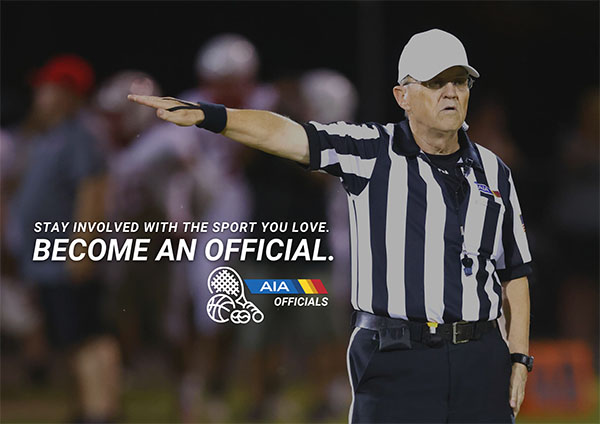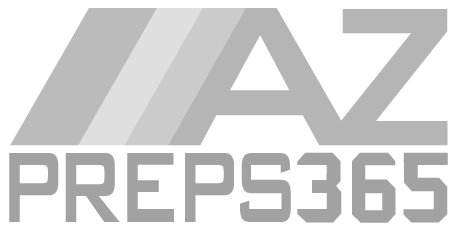Transgender athletes allowed to compete on case-by-case basis
March 29, 2016 by Game Previews, AZPreps365
By Noah Friedman
The landscape of high school sports in the state of Arizona changed forever on Oct. 20, 2014.
Allowing high school transgender athletes to compete was discussed as a possibility in the past, but on that day, in a landmark ruling by the Arizona Interscholastic Association’s executive board, the first Arizona transgender high school athlete was cleared to play.
Although the athlete is allowed to participate in sports under the current sex in which he or she identifies, the name of the athlete and school in which he or she attends hasn’t been released to this day.
“The AIA would not provide specific student information generally in any setting regarding individual requests by a student related to the hardship eligibility process,” said Mark Mignella, the representing attorney for the AIA.
The AIA handles the issue of transgender athletes on a case-by-case basis and has a policy of not identifying a transgender student, which Mignella, of the law firm Mark R. Mignella, P.C., said is still being used by the association for all of its cases, not just for transgender athletes.
“Previously, the school, on behalf of the student, would bring to the attention of the staff this request. That school, student, etcetera, were encouraged to provide all information that they thought was important for the committee to consider in the request,” he said.
Mignella also said that a formal policy was adopted in December of 2015 and that policy essentially codified the previous practice.
Around the lesbian, gay, bisexual, transgender and queer community, the call for change is growing. Stacey Jay Cavaliere, the director of Programs at one•n•ten in Phoenix, said that high schools around Arizona should be more open-minded in how they make decisions regarding the cases of transgender athletes.
“High school athletic associations should open the door wide for all trans athletes,” Cavaliere said. “Any ‘advantage’ one trans athlete may have over another is no different from the advantage any cisgender athlete may have.”
one•n•ten is a youth services nonprofit organization headquartered at Central Phoenix Youth Center on 2700 N. Third St. The company is the only one with a set of programs specifically targeting the needs of the LGBTQ minority in Arizona.
Other states across the country have become progressive in how they handle the cases of transgender athletes as well.
Shana Krimsky, an LGBT activist, said that playing basketball at Palisades Charter High School in Southern California during the mid-2000s was not a problem due to her sexual orientation.
“I didn't find it difficult at all to be accepted by my teammates,” she said. “Some of my teammates were also part of the LGBT community.”
Krimsky said there were times when she wasn’t accepted as a lesbian athlete, but because the environment she was put in at Palisades was so diverse, she was still able to express herself in the community.
As of Sept. 2015, 13 states and the District of Columbia have passed laws that protect students from discrimination against gender identity, according to the National Federation of State High School Associations.
The Minnesota State High School League adopted a transgender policy in March 2015, making Minnesota the 33rd state to embrace such a criteria.
After saying that the AIA made a monumental decision in 2014, Cavaliere added that the breakthrough of transgender athletes playing sports will lead to other aspects of society becoming accepting as well.
“I hope that one day the idea of male/female and the gender binary system our society has forced upon us becomes a thing of the past,” Cavaliere said.
“Young people should be allowed to express themselves freely, openly, and in a safe environment - regardless of the biological sex assigned to them at birth,” he said. “Gender identity is, and always has been, a fluid process and our society needs to catch up with this idea.”
Noah Friedman is a journalism student at Arizona State University.



